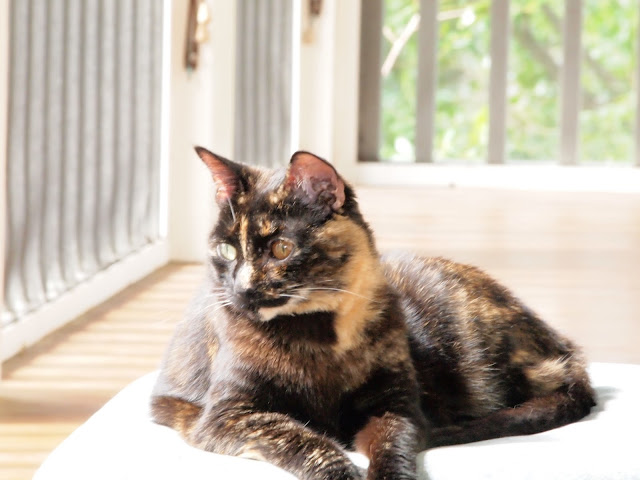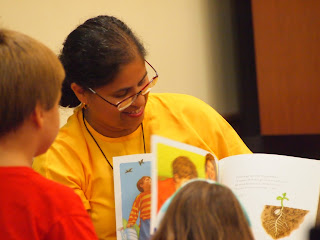I received a lovely gift in the mail for our wedding anniversary:
Two-Part Invention: The Story of a Marriage by Madeleine L'Engle. And what a joy it has been to read. I knew that her husband Hugh was an actor, but in this book, we get to peek into their courtship, their heartbreaks and their beautiful marriage. Because much of this book was written while Hugh was undergoing treatment for cancer, it has a touch of pathos. When the cancer was first mentioned, I thought, Oh please, don't let this be a memoir of his death. Oh, over the years, I've pondered death, my own and those of whom I love. This happens during times of separation and I've endured enough to last a dozen lifetimes. Now that we are together, I am not ready to let them go ... the doctor in this book says it best:
It is hard to let go of beloved flesh.
I still remember vividly the last five months my mother lived. Five months from diagnosis to death. She chose palliative care only, and I am thankful. She was home except for the last week when we were unable to control her pain. She slipped into a coma shortly thereafter. My sister told me that before she was admitted to the hospital, she had a vision of her first-born son, our brother, waiting for her, all smiles. He died right before his fifth birthday well before we were born. Reading about Hugh's treatment and all the setbacks made me weep, but I also took pleasure in all their small pleasures, and the myriad ways we make love. The very writing of this book was an act of love.
This is a memoir of a marriage, a not-so-typical one considering that Madeleine was a writer and Hugh an actor, at a time when most women did not have a career. But they survived and thrived through separations, poverty, riches, illness, tragedy. They raised three children. I love it when one of the librarians asks,
"What do you think you and Hugh do that is best for your children?" and Madeleine answers,
"We love each other."
Truth has a way of delighting!
When they returned to the city so that Hugh could pursue acting, she say tells the children: "
Your father needs me more in the evening when he comes home from the theatre than you do in the morning before school. We don't like each other very much in the morning, anyhow." So the children got themselves dressed and off to school, but Madeleine was all theirs when they came home. And she had time to reconnect with Hugh every night.
So much resonates in this book. It makes me want to write a memoir of the love Michael and I share, of our enduring marriage, of how we've lived our wedding vows -- to have and to hold from this day forward, for better or for worse, for richer or for poorer, in sickness and in health, to love and to cherish; from this day forward until death do us part.
My only criticism is the bad theology regarding heaven and hell. Madeleine has a very difficult time believing in a God who would punish us forever. She doesn't want to believe in hell. But of course. We all want heaven for ourselves and those we love. Hell must be for people like Hitler or Stalin or Pol Pot, but not good people like us. However, hell isn't some place God sends us, rather we reject God and send ourselves there. Hell is eternal separation from God, the One for whom we long for, even if we do not realize it.
I remember reading
Death on a Friday Afternoon by Richard Neuhaus and the first chapter dealing with this very thing. We hope that nobody is in hell, but no one talked more about hell than Jesus. Oh, I pray for Divine Mercy, but today's readings (coincidentally) make it clear that the path through the pearly gates is narrow, that it isn't enough to have faith and be good, that we have to strive to live according to His laws.
Msgr. Pope writes eloquently on this. And so, I found myself praying for both Hugh and Madeleine, for the witness of their beautiful marriage and their strong faith. May I meet them in heaven one day.
Parce Domine.








































